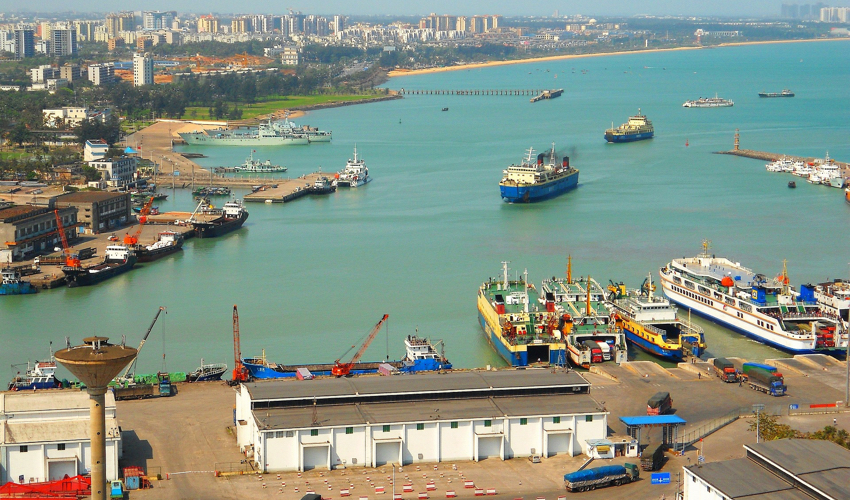From now on, maritime service providers are required to use a Chinese entity for their operations in China. This obligation may have major consequences for Dutch suppliers that provide services in China, says trade organisation Netherlands Maritime Technology (NMT).
Service Suppliers based outside of China and not physically registered in China’s territory as legal companies, are no longer allowed to conduct services/inspections on board ships that are in territory of China. This was published in a new Chinese Circ. (2019)172 “Management Regulations for Ship Maintenance and Testing Service Suppliers”.
The new regulations concern the following product categories:
- Life-saving equipment/appliances, including inflatable life rafts, inflatable lifeboats, marine evacuation systems, inflatable life jackets, immersion suits and lifeboats/rescue boats, launching appliances and releasing mechanisms, and so on;
- Firefighting system and appliances, including but not limited to fixed fire detection and fire alarm systems, fixed fire extinguishing systems, portable/cart semi-portable fire extinguishers, fireman outfits, emergency escape breathing devices;
- Navigation safety and radio equipment categories, including GMDSS radio equipment, NAVTAX, EPIRB, SART, two-way radiotelephones, ship security alarm systems AIS, VDR/SCDR, et cetera.
- Non-destructive test and thickness measurements: radiation testing, ultrasonic testing, magnetic particle testing, dye penetrant testing, and such, and ultrasonic thickness measurement as per class rules;
- Noise level measurement; and
- Other equipment required to be maintained under IMO codes or conventions.
Workshop in Same Province as Ship
Classification society RINA adds that activities that need to be performed in a workshop needs to be done in workshops within the same province as the place where the ship is located. In case the service suppliers do not have the necessary workshops in the same province and need to move the equipment to other workshops located in another province, those service activities are to be witnessed by the ship’s recognised organization (RO).
Classification societies in turn are now required to record recognised service suppliers on the web-based database of the China Marine Safety Administration (MSA).
PSC Inspections
The above requirements may be verified in any Chinese port by Port State Control (PSC) Officers during inspections on board.
Implications
Owners and operators must ensure that all servicing done in China for the categories and equipment listed above is undertaken by service suppliers that are officially registered companies in China. At the same time, service suppliers that do not yet have an official registration need to get one or can no longer perform their services.
SEA Europe, the European umbrella organisation of NMT, is currently investigating the scope and possible consequences of this decision as, at this moment, it is still not clear what consequences this could have for Dutch firms working in the maritime field.
According to insiders, the firms who do a lot of servicing in China mostly already have a Chinese entity or at least a P.O. Box company. The new rules from China to work in that country could technically be an extra burden especially for new or start-up companies. The message from NMT is really meant to get insight into which firms are involved. Moreover, NMT has already set up its own Chinese entity, the Holland Marine House China (HMHC). This organisation supports smaller companies in particular in being able to do business in China by becoming a member of HMHC.
Picture: Haikou New Port is a seaport in Hainan, China.








